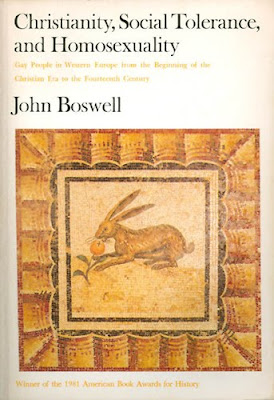 "Alone, even with all the wisdom in the world, we are powerless: castaways adrift in an impersonal ocean. You can't love a computer or a software program or even a book as you can love another person. Sometimes you just need a human." -Tim Sanders, Love Is The Killer App
"Alone, even with all the wisdom in the world, we are powerless: castaways adrift in an impersonal ocean. You can't love a computer or a software program or even a book as you can love another person. Sometimes you just need a human." -Tim Sanders, Love Is The Killer AppMy last post just after Thanksgiving focused in on 'hurt'. In it, I was approaching the subject from a variety of perspectives, from a sea of ambiguous faces all trying not to say what I really wanted to say. It was a bit maddening. I wanted to write within my current state of disappointment, darkness, and distressed anxiety, but it was difficult. After all, how do you articulate the hurt that so (unassumingly) creeps up on you? How do you put into workable words ideas so steeped in emotion, pain, suffering?
Sometimes, writing feels like a bi-polar, inner-self dance. A dance between the writer's insecurity and their own (failed) attempts to get out the right words, to speak the appropriate truth. The truth, that exists, just in that moment.
Since that day after Thanksgiving, when I wrote about the subject of 'hurt,' I've experienced--particularly in the past week--a grandiose amount of joy. From so many angles, it keeps piercing me, like an unexpected rush of good fortune, good cheer, goodness. Like the word 'Radiant' webbed by Charlotte to save her dear (pig) friend Wilbur, I feel--in some weird way--like the last 5 days have been a gift. A gift so undeserved, blessed, and profoundly overwhelming, I feel as though I can't take it. I'm speechless. In awe. So struck by the beauty and gift of the moment I have to scatter around on the floor in my head to catch my breath.
Blindsided by joy, if you will.
In the Psalms, the writer writes, "My heart leaps for joy, and I will give thanks to him in song." I like this image. Joy leaping up at us via song. One of the first songs that comes to mind after reading this line is the lovely Mac Davis tune, "I Believe In Music." The chorus to the song, says it all: I believe in music, I believe in love, I believe in music, I believe in love.
I think this is partly what I was getting at a few weeks ago when I wrote. My hurt was a loss of faith. A loss of love, in a way. Love for myself, love for my voice as a writer, for my humanness. We all have such a hard time loving ourselves, I think. We don't think we deserve it. We often choose people to love who don't love us well because we don't think we deserve a love worthy of who we really (truly) are. So we settle. Settle for lies over truths, productiveness over playfulness, criticism over kindness. But it's never too late to see it a different way.
Catholic priest Brennan Manning calls the lack of love for self, 'self-hatred'. He believes it is the antithesis of God. The ultimate slap-in-the-face to creation, humanity, and love. Author Donald Miller believes it's one of the most difficult concepts to grasp in life. The still-small-sinking-sick voice telling us we're not worthy, we're not good enough, we're not lovable, often drowns out the simple love-of-self voice within us.
Thankfully, people come into our lives sometimes who help us see the love we're too stingy to give ourselves. For me, this came in three forms (and then some) this past week: 1) a screenwriting professor, 2) a kindred spirit sharing a wonderful art piece with me courtesy of U.P.S., and 3) a new, breath-of-kind-and-fresh-air, friend, who loved on me in a way only a person who doesn't know you can. All seemed to come out of nowhere, yet, all (also) seemed to connect with me at just the right time, just the right moment. It's baffling to me now, even still. I feel joyful, but writing that seems so silly. So insignificant in capturing the rapturous feeling of ecstasy it has brought me.
I've come to realize (this feeling) is more than joy, really. Much more. It's a joy, transformed; transformed into utter gratitude. A gratitude that thanks God, karma, and all the other broken-people-humans out there who've been so gracious, so wise enough to love on me when I can't seem to love myself.
This is when one of Anne Lamott's two prayers is all that can be expressed, at the end of a week like I've had. I must simply close my eyes, sit and silence, and utter: "Thank you, thank you, thank you." That's all I feel now, too. My heart feels full, drunk on gratitude, spinning over too much love, too much grace, too much goodness, kindness, gentleness, happiness.
This is pure joy. What often comes after the hurt.














